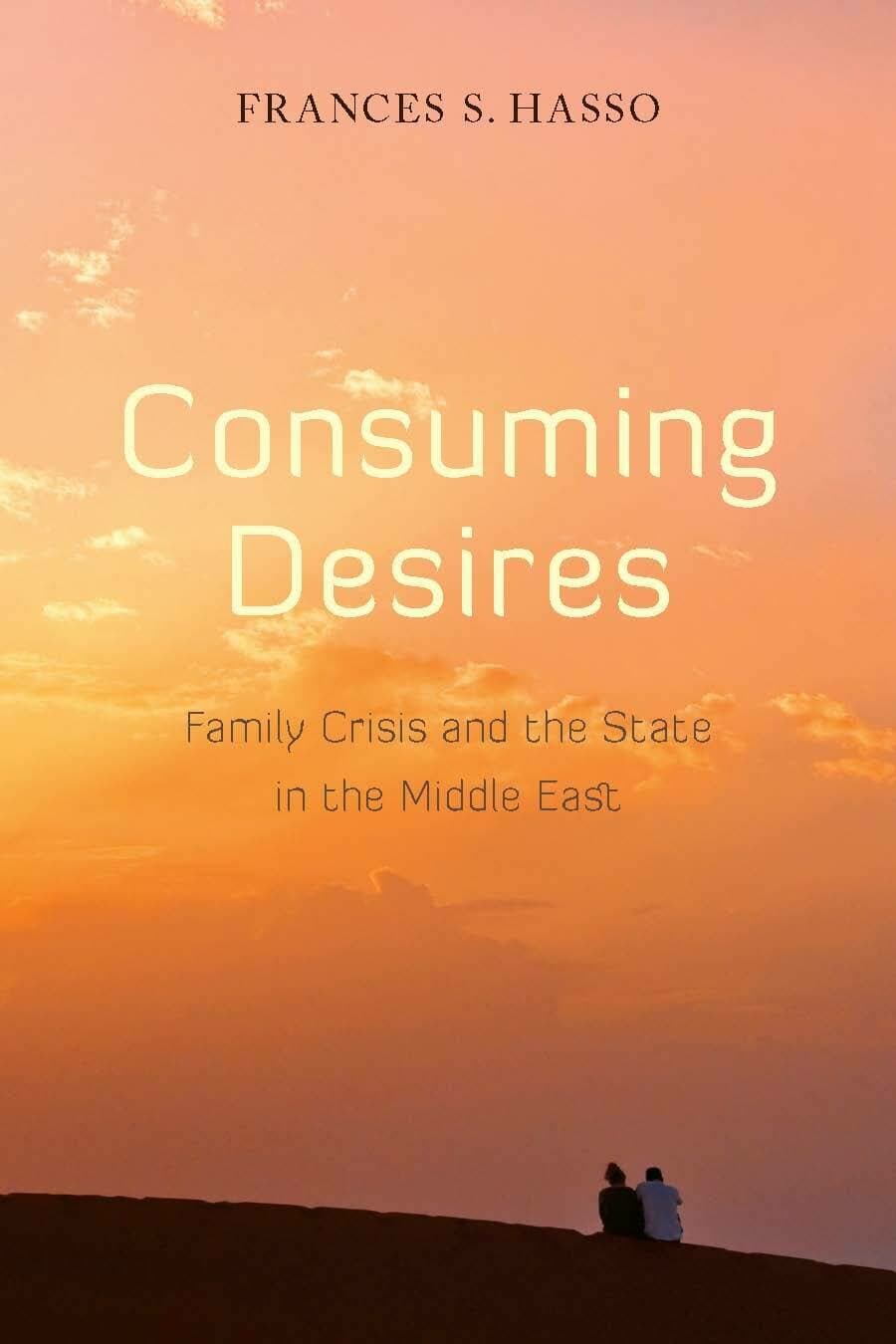For Better, For Worse

For many Egyptians in the early twentieth century, the biggest national problem was not British domination or the Great Depression but a "marriage crisis" heralded in the press as a devastating rise in the number of middle-class men refraining from marriage. Voicing anxieties over a presumed increase in bachelorhood, Egyptians also used the failings of Egyptian marriage to criticize British rule, unemployment, the disintegration of female seclusion, the influx of women into schools, middle-class materialism, and Islamic laws they deemed incompatible with modernity.
For Better, For Worse explores how marriage became the lens through which Egyptians critiqued larger socioeconomic and political concerns. Delving into the vastly different portrayals and practices of marriage in both the press and the Islamic court records, this innovative look at how Egyptians understood marital and civil rights and duties during the early twentieth century offers fresh insights into ongoing debates about nationalism, colonialism, gender, and the family.
"For Better, For Worse is an enjoyable and enlightening read that expands our historical knowledge of the Muslim world. It is appropriate for both undergraduate and graduate courses in gender studies, sociology, political science, and beyond."—Cawo Abdi, American Journal of Sociology
"Exploring the marriage crisis in early 20th century Egypt, Kholoussy contributes a richly documented and original study that engages vital debates on the construction of nationalism and gender. Written with attention to both the telling details and the big picture, the book also makes an important contribution to our understanding of how a unique Egyptian modernity was being fashioned on the ground in a colonial context. It is essential reading for anyone who wants to understand the making of modern Egypt as a society and a state."—Judith E. Tucker, Georgetown University
"This is a book that matters not just to those interested in the Middle East but to all interested in the history of marriage, of gender, and of modernization. Kholoussy's extraordinary research provides the basis for a vivid story of unexpected conflict and resourcefulness, and of pressure for modernization that comes not from Europe but from Egyptians themselves."—Linda Gordon, New York University
"Kholoussy joins together Arabic press accounts and Islamic court documents in union to present a portrait of marriage and its discontents in modern Egypt. Demonstrating that bachelors—not single women—stoked the anxiety of Egyptians, she persuasively connects the marriage crisis to concerns about national independence. For Better, For Worse establishes marriage as an engaging topic of historical inquiry. A blissful read."—Beth Baron, The City University of New York




